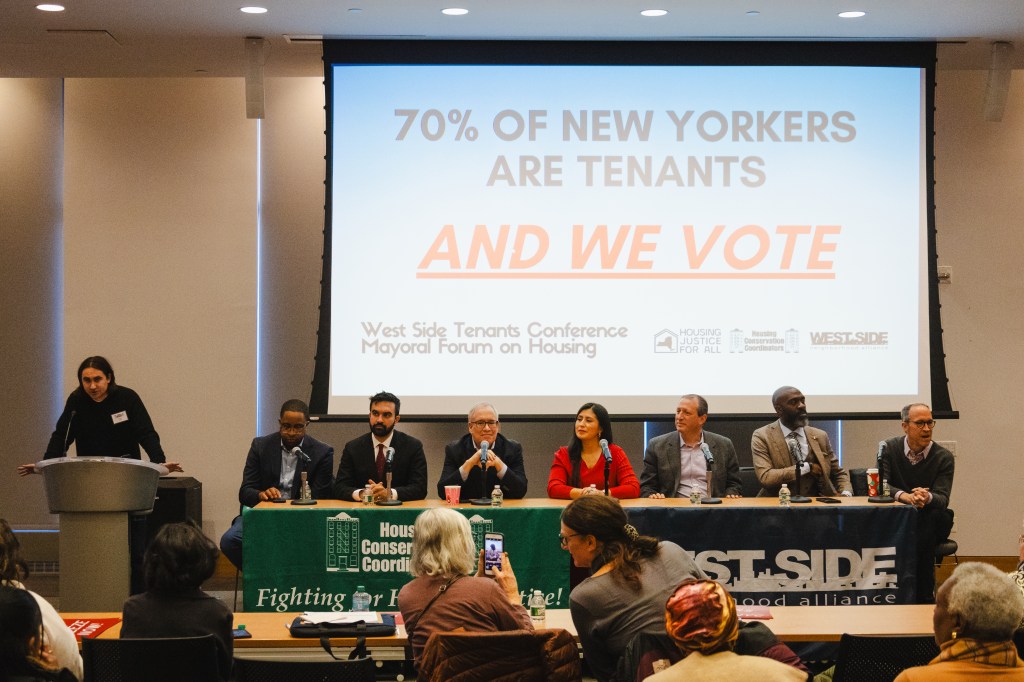By Gabriel Rom
A disgraced former Forest Hills cop had his acquittal on charges of conspiring to kidnap, kill and eat women upheld by the U.S. Second Circuit Court of appeals in a decision last week.
Gilberto Valle—known as the Cannibal Cop—was arrested in 2012 after his wife discovered Valle’s online correspondences in which he mused over plots to kidnap and cook his wife and other women. Valle was convicted of the kidnapping conspiracy in March 2013 after prosecutors revealed chatroom discussions in which he talked about his cannibalism fetish. After serving 21 months in prison, his sentence was overturned by Judge Paul Gardephe in Manhattan federal court in 2014. But prosecutors from the U.S. Attorney’s Office in the Southern District appealed Gardephe’s decision, arguing that Valle’s fantasies could have led to real violence.
The 31-year-old was an officer for the NYPD, but he was fired from the force after he was charged with kidnapping conspiracy.
A Manhattan federal judge overturned the guilty verdict in July 2014, saying that Valle’s plot was just a fantasy.
Prosecutors had appealed, but Dec. 3 two of three appellate judges reviewing the case upheld the acquittal, saying Valle’s fantasies did not cross the line into criminal intent.
“Although it is increasingly challenging to identify that line in the Internet age,” Circuit Judge Barrington D. Parker wrote, “it still exists and it must be rationally discernible in order to ensure that ‘a person’s inclinations and fantasies are his own and beyond the reach of the government.’”
Valle’s lawyers lauded the decision as both a victory for Valle and civil rights.
“The court’s decision today confirms what we have said from the outset of this prosecution: fantasies, no matter how repugnant, are not crimes,” Valle’s lawyers said in a statement. “This ruling is a very important victory not just for Mr. Valle, who has now been cleared of all criminal charges, but for an open society that treasures freedom of thought and expression.”
Circuit Judge Chester Straub criticized his colleagues’ opinion in his dissent.
“This is not a case about governmental intrusion on one’s personal inclinations and fantasies nor is it a case about governmental punishment of one’s thoughts,” he wrote.
“It is, instead jury’s determination of guilt for a conspiracy based on definitive conduct… a police officer’s use of the official database to obtain, outside the boundaries of his official duties, data about a woman whom he knew.”
Reach reporter Gabriel Rom by e-mail at grom@

































